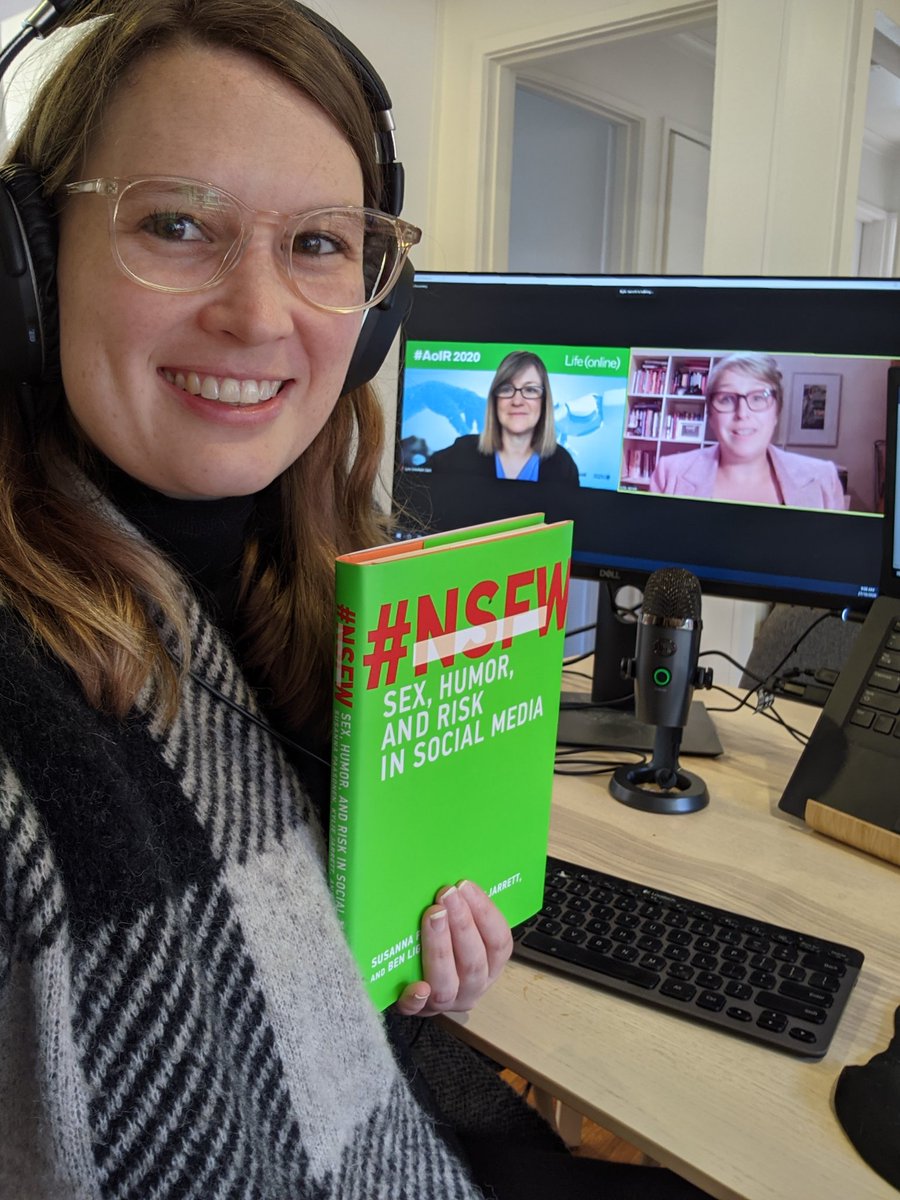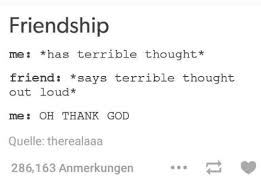
Delighted to be joining #AoIR2020 for the opening keynote on the politics of AI after COVID by @katecrawford & @alondra! I have my own little piece of the conference with me in @susannapaasonen @kylzjarrett & Ben Light's book # NSFW, and I'm feeling connected, even from afar 👩💻 

Our keynotes have written these great BOOKS about artificial intelligence: @katecrawford is bringing out The Atlas of AI, and @alondra wrote The Social Life of DNA: Race, Reparations & Reconciliation after the Genome #AoIR2020
yalebooks.yale.edu/book/978030020…
penguinrandomhouse.com/books/250539/t…

yalebooks.yale.edu/book/978030020…
penguinrandomhouse.com/books/250539/t…


We’ve seen a push towards a centralised set of tools, and the creation of technology infrastructures, that have been presented to the public as a given. There’s little public discussion of the backend of data: @katecrawford #AoIR2020
The UK's contact tracing app has been passing contact info to the police. There are disparate impacts of this technology that fracture along race/class/gender lines. We’re seeing the rollout of these infrastructures that will be difficult to roll back: @katecrawford #AoIR2020
How surveilled do we really need to be, asks @alondra? We see refusals of engagement in surveillance all the time. And our most effective means of pandemic control are “analogue”: masks and social distancing #AoIR2020
In the framework of COVID-19, we see troubling assumptions in questions like, who gets sick? Who gets medical treatment? Who gets placed in a carceral frame? There’s a perceived inevitability that technology will solve these problems: @katecrawford #AoIR2020
The spectrum of anti-Black racism has come vividly to life this year. We can’t unlearn what we’ve learned; unsee what the pandemic has forced us to see. This portal can bring us a new world, or we can bring all our baggage with us: @alondra #AoIR2020
"Health systems are politics made material": @katecrawford #AoIR2020
If you don’t care about the “life itself” of Black bodies, Black people, that’s a process of dehumanisation, argues @alondra. In Body and Soul, she writes about lessons from the Black Panthers on community care. There are dialectics of surveillance and neglect at play #AoIR2020
During this pandemic, we see, vividly, and every day, which bodies are condemned to die. That trauma stays with us. We live with these profound, unevenly distributed, horrors now: @katecrawford #AoIR2020
All of us want life to be normal again. So if that means I have to accede to some kind of facial recognition/temperature measurement/check in on an app, I’ll do it. You see what makes these thing seductive, even as we know the data is going to some data broker: @alondra #AoIR2020
When might technology and surveillance systems be causing more problems than they’re solving? Of course we're not thinking of this as we want our normal back. But resignation is the flip side of the politics of refusal: @katecrawford #AoIR2020
In @katecrawford's book Atlas of AI (March 2021), she argues AI is neither artificial, nor intelligence. It’s a material technology that requires an enormous amount of resources and energy, and requires a huge amount of labour. AI is an extractive industry #AoIR2020
The Afrofuturism philosophy, as @alondra illustrates for us, is about being from a community that has endured so much struggle, and to be a community that still builds beauty. It gives us a model for mutual aid which helps us so much in this moment #AoIR2020
• • •
Missing some Tweet in this thread? You can try to
force a refresh



